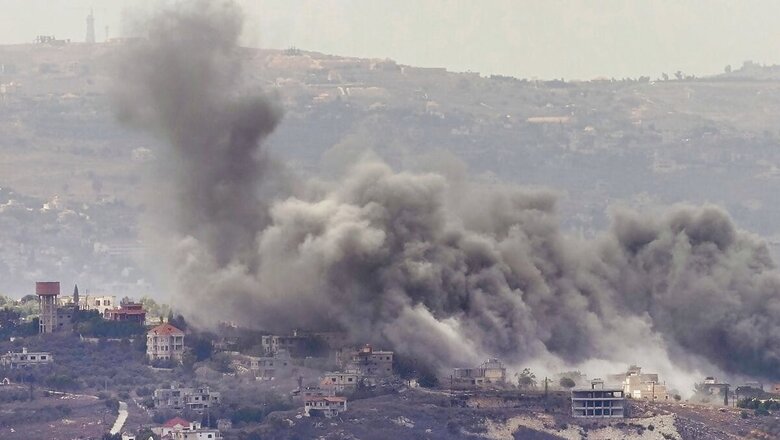
views
Israel’s strikes on Hezbollah are part of the plan to prevent bigger conflict by degrading capabilities and fighters, according to the intelligence assessment accessed by CNN-News18.
“However, for Israel, the biggest issue — the Intercontinental Ballistic Missile – remains unresolved because most of them are located underground and can’t be reached with airstrikes. But this will not prevent the clash with Hezbollah in the long term,” states the assessment.
“Israel, without a ground war similar to Gaza, can only take temporary tactical measures. The current clashes are only a temporary bandage that does not solve the long-term problem of Hezbollah missiles as a permanent threat to Israel and regional security,” according to the assessment.
The Indian assessment states that the only solution in the long term is changing regime in Iran, disarming Hezbollah and removing Hezbollah from any political or military power in Lebanon. “Also, to have a permanent international contingent providing security to prevent networks from Hezbollah from assuming power through force, or political manipulation. It will be important to work with the Lebanese government to address financial corruption, social divisions, and education that feeds into Hezbollah propaganda. The entire political framework of Lebanon will need to be changed because the current structure enables nepotistic corrupt networks by all sectors,” it said.
THE ESCALATION
The past week has seen a rapid escalation in the nearly yearlong conflict between Israel and Lebanon’s Hezbollah. First came two days of exploding pagers and walkie-talkies used by Hezbollah — deadly attacks pinned on Israel that also maimed civilians across Lebanon.
Israel declares state of emergency as Hezbollah fires rockets in response to aerial strikes on LebanonNews18's @siddhantvm with details #Israel #Hezbollah #Lebanon #MiddleEast pic.twitter.com/j3EV4YOa5w
— News18 (@CNNnews18) September 24, 2024
Hezbollah’s leader vowed to retaliate, and on Friday the militant group launched a wave of rockets into northern Israel. Later in the day, the commander of Hezbollah’s most elite unit was killed in a strike in Beirut that killed dozens more people.
The cross-border attacks ramped up early Sunday, with Hezbollah, an Iranian-backed Shiite group that is Lebanon’s most powerful armed force, launching more than 100 rockets deeper into northern Israel, with some landing near the city of Haifa. Israel launched hundreds of strikes on Lebanon.
Then, on Monday, Israel launched a series of strikes that killed more than 490 Lebanese, the deadliest attack since the 2006 Israel-Hezbollah war. Israel warned residents in southern and eastern Lebanon to leave their homes ahead of a spreading air campaign against Hezbollah.
Many fear the escalating violence could lead to an all-out war between Israel and Hezbollah, which would further destabilise a region already shaken by the fighting in Gaza. Both sides have said they don’t want that to happen, even as they have defiantly warned of heavier attacks.
Inputs from AP














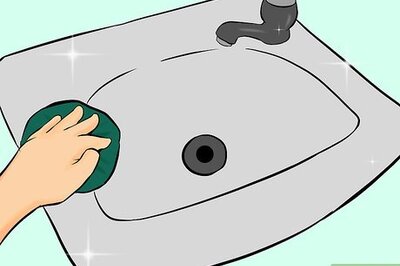
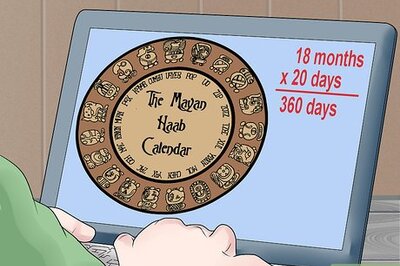

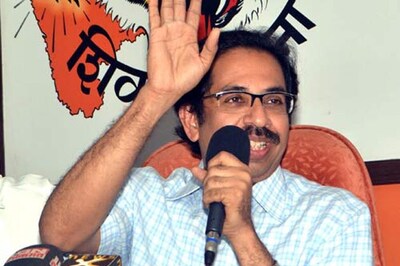
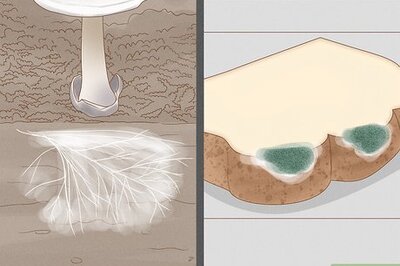

Comments
0 comment